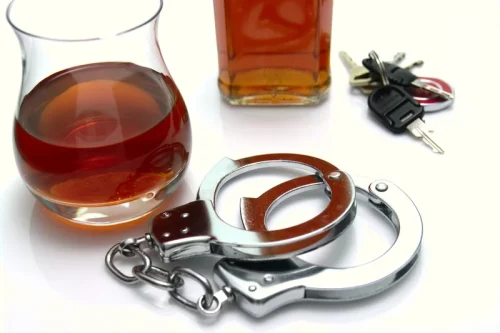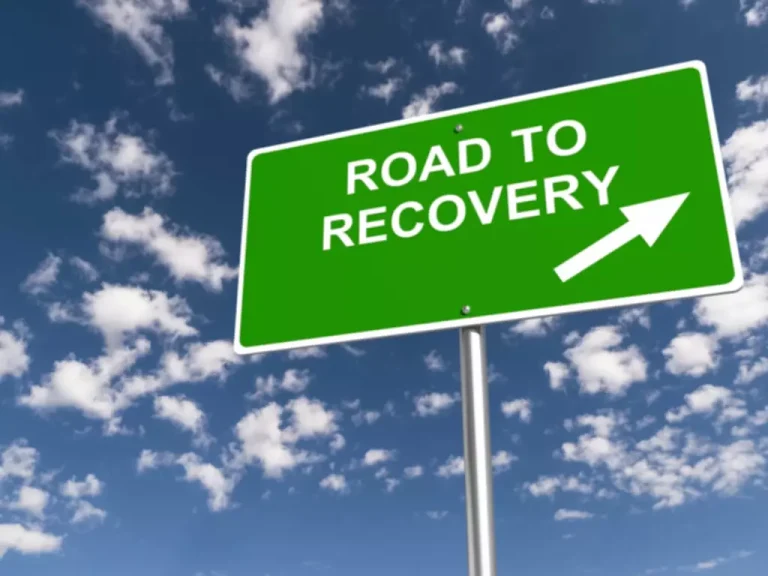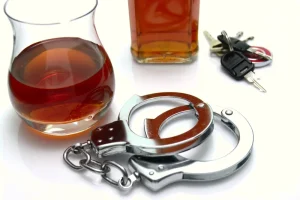
After months or years of substance use, people become accustomed to having their emotions dampened or heightened artificially. When they achieve sobriety, their moods begin to shift back to “normal.” For a time, this transition back to normalcy can feel like a roller coaster ride. If you are able to attend support meetings and engage a sponsor, that will be a great benefit to yourrecovery. The early stages of addiction recovery are some of the most challenging, but when you know what to watch for, it’s much easier to avoid the common pitfalls people tend to fall into. Problem – When you give up alcohol, you are likely to experience withdrawal symptoms.

Seeking Professional Help
- If you’ve recently completed treatment, the early days of recovery can be exciting yet overwhelming.
- Sometimes, you might even feel like you’re all alone in this journey.
- With our experienced team and specialized programs, you can access the guidance and resources necessary for your unique journey.
- Try not to let this get you down; new relationships with those in recovery and recharged relationships with loved ones will sustain you.
- Finding these healthy outlets can transform the recovery journey into a path of growth and self-discovery.
- Connecting with mentors who have successfully navigated their paths to sobriety offers invaluable guidance and insights beyond what textbooks can provide.
While many people relapse in response to these common challenges, some manage not to. The defining difference that makes or breaks sobriety is whether the person in recovery knows what their real problem is and has an effective solution for it. While a new romantic relationship may seem like just the type of support you need, relationships in early recovery can cause stress, anxiety and heartbreak.
Meditation Tips to Supercharge Addiction Recovery

This approach aids in progress tracking and provides a sense of accomplishment with each milestone achieved. Steering through the complexities of early recovery, individuals often discover that finding healthy outlets becomes a cornerstone in rebuilding their lives and fostering resilience. Engaging in creative hobbies, such as painting or writing, can offer a profound sense of accomplishment and emotional expression. For instance, Sarah, who struggled with addiction for years, found solace in watercolor painting. The gentle strokes of her brush on canvas became a metaphor for the careful steps she took in her journey to sobriety.
- It may be that your partner or a close family member is a heavy drinker or user.
- Numerous studies show that individuals who receive proper support and treatment during these early stages are more likely to achieve lasting recovery.
- As individuals cultivate mental resilience through structured practices, engaging in physical wellness activities that support holistic recovery is equally important.
- It should not be used in place of the advice of your physician or other qualified healthcare provider.
- Celebrating milestones boosts morale and strengthens commitment to the recovery process.
- Patience is often overlooked but is incredibly vital during the early stages of recovery.
- Now that you have manged to stop drinking and/or using, you may be thinking that the hard work is behind you.
The Male Friendship Crisis
Keeping your early recovery a priority and taking care of yourself can make it easier to stay sober and have a lasting recovery from addiction. For answers, we turned to Art Jacob, who is the director of our Sober Skills program. Jacob has lots of experience—both personal and professional—with the most common struggles that can contribute to relapse and ways to address these core issues of addiction. For more than 20 years, he has been helping people in early recovery achieve long-term sobriety. Finding a hobby or activity that brings joy can help you stay reframing holidays in early recovery sober, maintain a high quality of life, and not get overwhelmed by stress. In fact, a well-chosen hobby can provide people with outlets they need to get through a spate of cravings without relapsing.

The initial stage of early recovery is full of challenges and Substance abuse surprises. It can offer insights to your loved one on their self-worth, how to make the most of recovery, and what kind of life they want after rehab. In early recovery from addiction, your loved one’s well-being means everything to you.
Healthy Coping Mechanisms
There is a big difference between coping with problems in a controlled environment and coping in real life. This might take the form of stepping down to a lower level of care such as an intensive outpatient program, a sober living environment, or transitional services. When people start thinking about quitting drugs and alcohol, they often imagine that recovery is only about abstinence.

While addiction recovery doesn’t necessarily get easier—the risks and challenges are always there—the good news is that you can get better at navigating it. With patience and persistence, you can build a support network to help you get through even the hardest times, then go on to help others do the same. Do you or someone you care about need help navigating relapse risks in everyday life?

- Again, coping with this is a matter of deploying smart behavioral strategies and to some extent just being patient while your brain adapts to sober life.
- They’ll teach you ways to cope with these feelings without turning to harmful substances.
- Do you or someone you care about need help navigating relapse risks in everyday life?
- Isolation in early recovery affects many people, and it can lead to cravings, depression, and feeling unsupported.
- Building a supportive network is crucial in early addiction recovery.
For many people, staying sober isn’t terribly difficult as long as life is going pretty smoothly and they’re in a pretty good mood. Unfortunately, few of us get to abide in such a carefree state for long. Problems arise, bad things happen, and sometimes we just feel bad for no apparent reason. Dealing with difficult emotions is one of the biggest recovery challenges because drug and alcohol use often begins as a way of coping with these kinds of emotions.
Early Recovery from Addiction: Strategies for the Initial Phases of Healing
Early recovery can be a real test =https://ecosoberhouse.com/ of your inner resources and there are some common mistakes that you can try and avoid in order to protect your newly found recovery. Navigating the initial phases of recovery requires a steadfast approach to managing triggers and temptations. In this section, we’ll explore effective strategies to identify and avoid triggers, as well as practical techniques to resist temptations and cravings. With insights backed by professionals in the field, we aim to equip individuals with the tools needed to regain control and embrace the early stages of healing. The early stages of recovery are a testament to an individual’s resilience, determination, and desire for a better life.
Recognizing these triggers empowers those in recovery to navigate their path with greater resilience and insight. Only with a clear-eyed understanding of the problem and its solution can a person stay on the path of recovery, a process that Jacob likened to walking up a downward-moving escalator. He said he had probably talked to 1000 people in early recovery, many of whom had been to rehab multiple times, and had asked them to define their problem.
